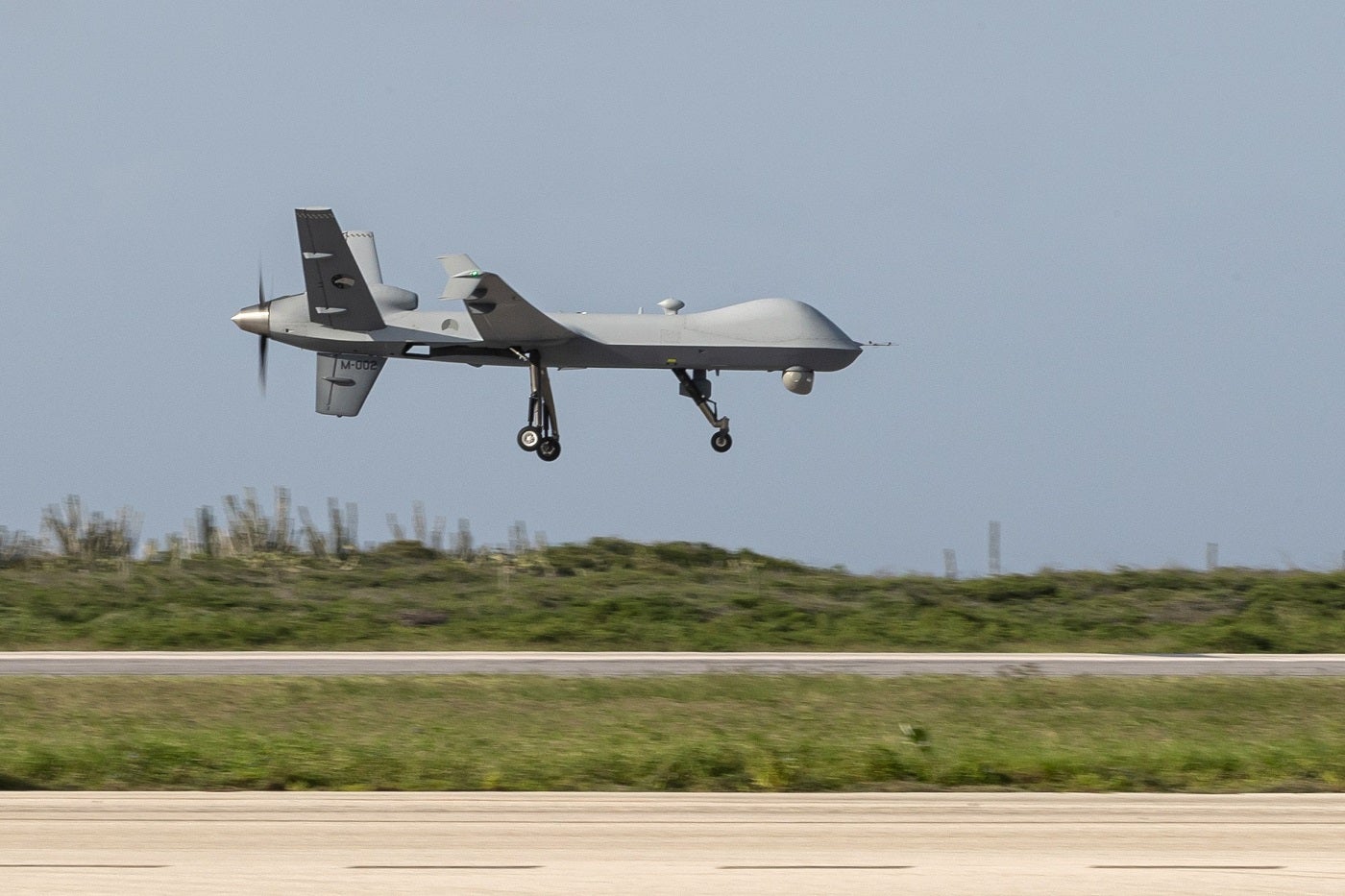
The Netherlands is set to station three MQ-9 Reaper drones in Romania to bolster the defence of Nato’s eastern flank.
These unarmed drones will play a role in intelligence gathering, aiming to ensure an understanding of the situation along the alliance’s eastern border.
Nato’s eastern border is about to receive an added layer of security as the Netherlands gears up to deploy three MQ-9 Reaper drones in a mission. Netherlands Minister of Defence Kajsa Ollongren recently conveyed this decision to the House of Representatives, marking the first time these unmanned reconnaissance aircraft will venture beyond Dutch territory.
These MQ-9 Reapers will be important in air shielding operations, primarily focusing on monitoring the eastern border of alliance territory.
Their primary task is gathering intelligence using advanced sensors to build and maintain an accurate situational overview. This approach aims to prevent misunderstandings and potential escalations in this strategically sensitive region.
Tristan Sauer, aerospace, defence, and security analyst at GlobalData, provided his commentary on the MQ-9 Reapers’ role along Nato’s easter border, “as the Reapers will be deployed along Nato’s eastern border, they will likely be tasked with supporting ongoing IMINT (imaging intelligence) and SIGINT (signals intelligence) operations to act as an additional deterrent against (Russian) hostile action while helping Nato forces maintain a coherent picture of activity within sensitive border regions.”
Dutch commitment
While Nato will specify the intelligence requirements, the Netherlands will retain control over how this data is collected. The processing of intelligence gathered during these operations will also remain a national responsibility, showing the Dutch’s commitment to ensuring the safety and stability of Nato’s eastern boundary.
The Netherlands is committed to Nato as a security actor and has increased this commitment following the invasion of Ukraine, which highlighted the importance of the organisation, according to GlobalData’s “Netherlands Defense Market 2023-2028” report.
The deployment of MQ-9 Reapers will not only enhance the security of Nato territory but will also provide the Netherlands’ Defence with experience in allied operations. This mission is slated to span at least six months, possibly extending it to a maximum of twelve months.
Tristan Sauer continued to provide his view on the Netherlands’s commitment to Nato operations, “The deployment of the Netherlands’ MQ-9 Reapers to Romania is the first foreign deployment of said systems by the Royal Netherlands Armed Forces, highlighting the nation’s increasingly proactive role in supporting Nato operations.”
It was announced in August this year that the Netherlands Air Force has doubled its order for the MQ-9A Reapers from General Atomics and increased its procurement from 4 to 8 MQ-9A Block 5 Reapers to enhance maritime and overland ISR capabilities.
The detachment is composed of 135 defence employees. Approximately 40 service members will maintain the MQ-9s at the air base near Campia Turzii in Romania, ensuring the drones are in optimal working condition.
The remaining detachment members will be stationed at Leeuwarden Air Base, where they will manage the operation of the MQ-9 Reapers and process the intelligence they collect.
To support this endeavour, a team of army engineers will construct a camp for their air force colleagues at the Romanian air base, showing the significance of this mission in strengthening the defence of Nato’s eastern flank.




